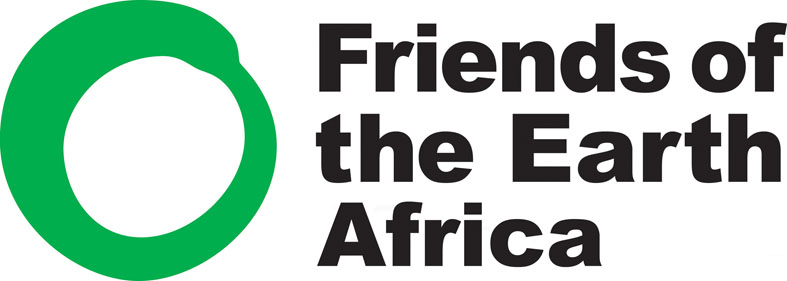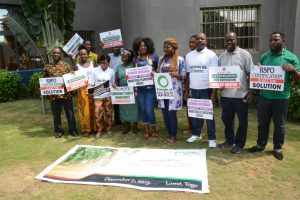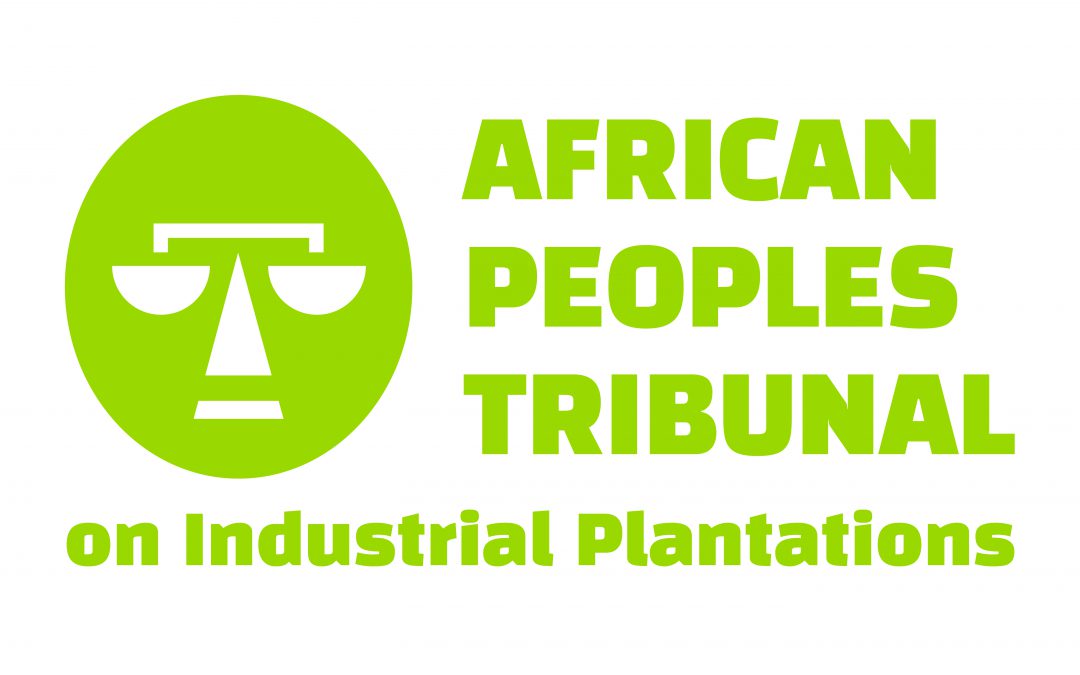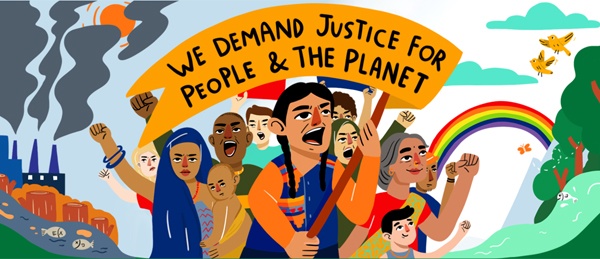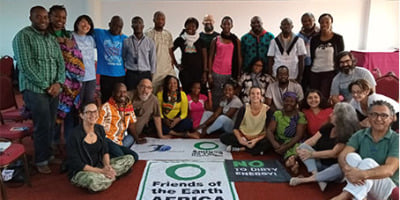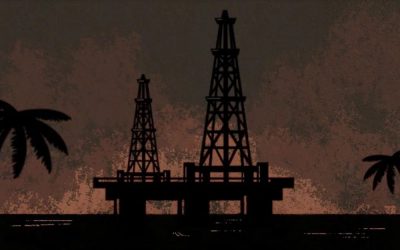On Socio-Economic Dislocations they said that the grabbing and conversion of community lands into plantations directly deprive communities of fertile lands. Companies make false claims of using degraded and non-forested lands while they grab fertile lands and forests and valuable water sources that the communities depend on, they insisted.
“In Gabon, when the corporation (OLAM) designates forests and territories as having High Carbon Value (HCV), they effectively cut the communities off the use of such forests or resources. In this manner, community forests including sacred ones are now valued as carbon sinks for carbon credits in false climate marketization.”
The APT also received disturbing reports of industrial tree plantations building ditches as deep as 16 metres (50 feet) and with a width of 13 metres (40 feet) in the case of Wilmar (Nigeria) around the plantations. These ditches pose danger to humans and to wildlife, but significantly block communities from having access to their farms, to forests, to fishing and water sources and forces them to only use roads policed by these companies. Community members are required to obtain passes (visas) to gain entry to their communities and only within certain time slots (Gabon).
“These ditches or moats have damaged water bodies that communities depend on (as in the case of Gabon) thereby exposing them to avoidable stresses. Heavy burdens are placed on the women as the struggle for water, fishing and fuel woods”.
The use of harmful chemicals, including those made with glyphosate (a carcinogen) in the plantations have caused damage to soils, water sources and the health of both communities and workers who are often not provided with personal protection equipment (PPE).
The cases confirmed a lack of acceptable environmental impact assessments as well as a lack of social impact assessments.
The replacement of rich biodiversity of forest with foreign exotic trees have dramatically damaged the local environments. Although the FAO recognises industrial exotic tree plantations (including those with genetically engineered trees) as forests, communities reject such classifications.
They recommended among others, that governments in the relevant countries should immediately set up a mechanism to review existing arrangements with plantation corporations, openly and transparently engage with communities and revert wrongfully acquired lands and forests to the communities. They also stressed that governments should uphold and protect the dignity of communities and adequately sanction corporations that violate human rights or destroy the environment in their territories.
They also want governments to actively and constructively engage in the current negotiations for the elaboration of a UN Legally Binding Instrument to regulate, in international human rights law, the activities of transnational corporations and other business enterprises, and ensure this becomes a meaningful instrument to stop corporate impunity.
